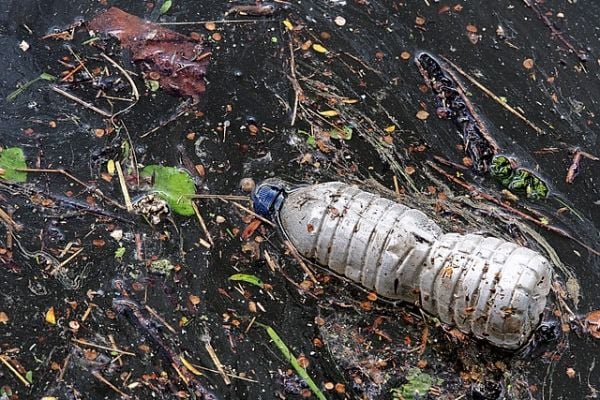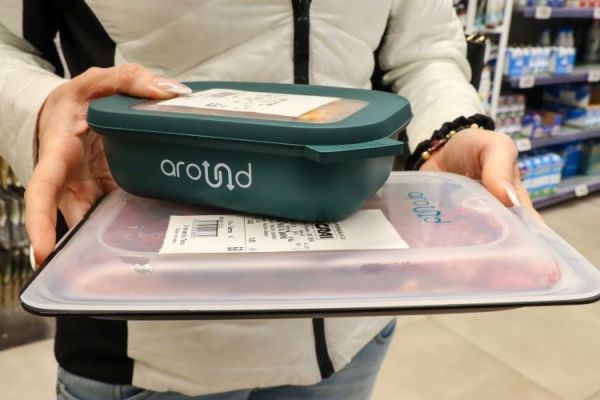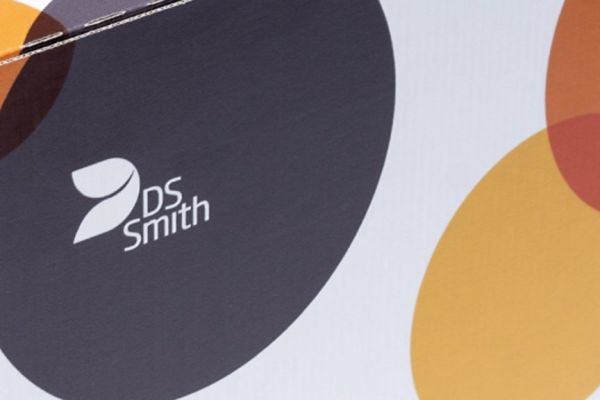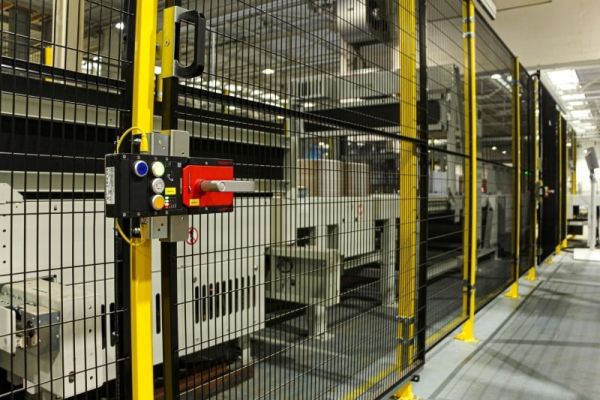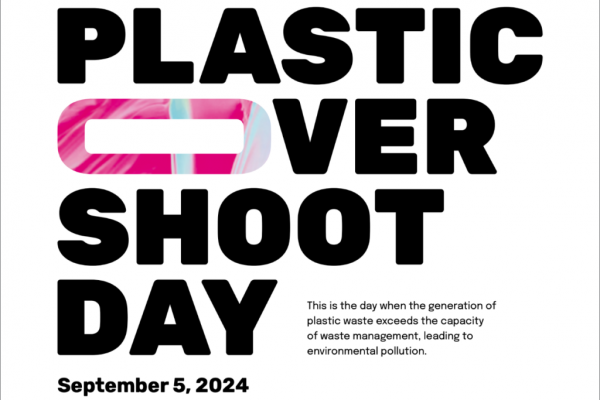Plastic packaging manufacturers are likely to team up with recycling bodies and engage in a range of alliances as they seek to embrace sustainability over the coming years, a new report from Rabobank has said.
The report, Plastic Packaging Meets Recycling: A Happy Marriage, suggests that packaging firms will seek to position themselves as leader in the race for sustainability, while also seeking to maintain access to depleting stocks of recyclable raw materials.
Continuing To Rise
Global demand for plastic packaging units will rise beyond 2022 to more than 2,600 billion, up from its current level of 2,300 billion, Rabobank says, despite increased global awareness of the negative environmental impact of plastic waste, and the rollout of reduced plastic initiatives.
The rise can be attributed to a continued uptick in demand across the Asian market, driven largely by China.
“In spite of increased awareness of the issue and initiatives to tackle it, the global recycling rate of plastic packaging is less than 5% and eight million tonnes end up in our oceans every year," said Susan Hansen, global strategist for F&A supply chains at Rabobank.
“Looking ahead, we predict that global levels of recycled feedstock will deplete in-line with the growing number of large brands implementing targets to increase the level of recycled content in their packaging. This, in turn, will lead to more formal ‘marriages’ in the supply chain as brands look to secure access to quality recycled raw materials."
Recent examples include Coca-Cola's tie-up with Ioniqa Technologies on measures to recycle PET used in its drinks containers, and IKEA's tie-up with Umnicorp on mixed plastics sorting initiatives.
Changing Attitude
In the years to come, Rabobank suggests that consumers, businesses and governments have a role to play in reducing plastic usage in the long term.
“While the increased use of recycled feedstock is a positive trend, policy changes and public awareness campaigns will prove key to altering human behaviour on global plastic use in the long-run," says Hansen. "These factors combined will pack a punch in the fight against the environmental issues plastic poses.”
© 2019 European Supermarket Magazine – your source for the latest retail news. Article by Stephen Wynne-Jones. Click subscribe to sign up to ESM: The European Supermarket Magazine.





